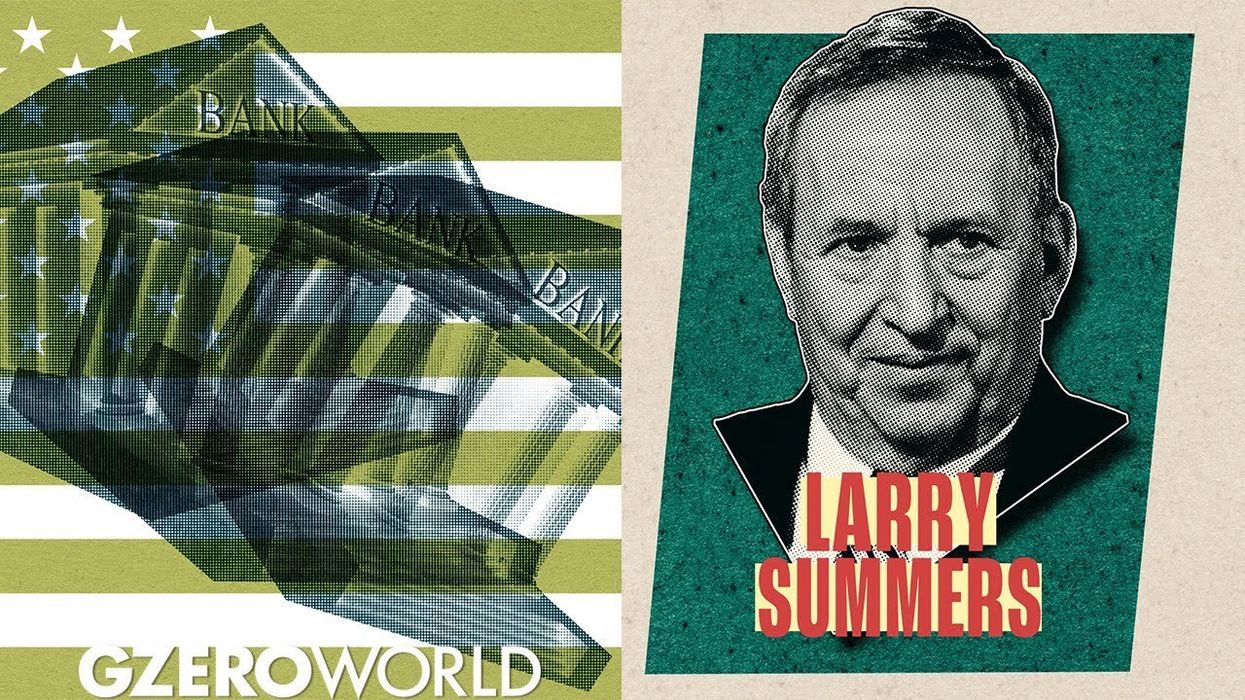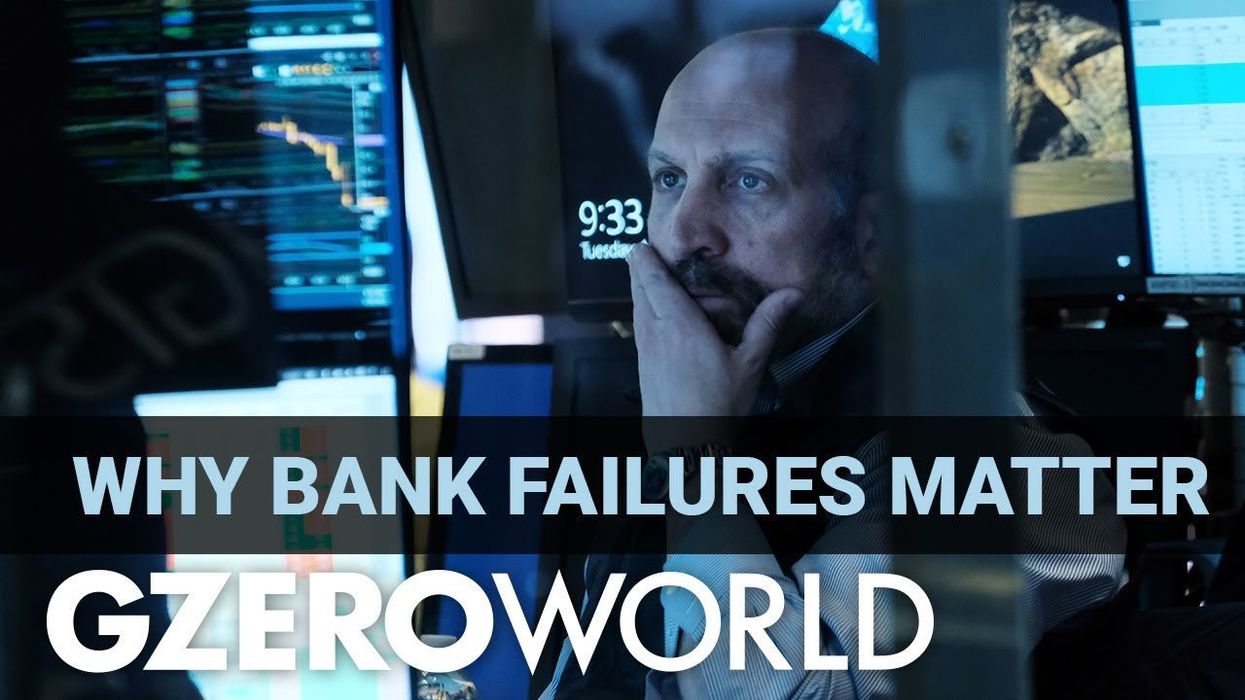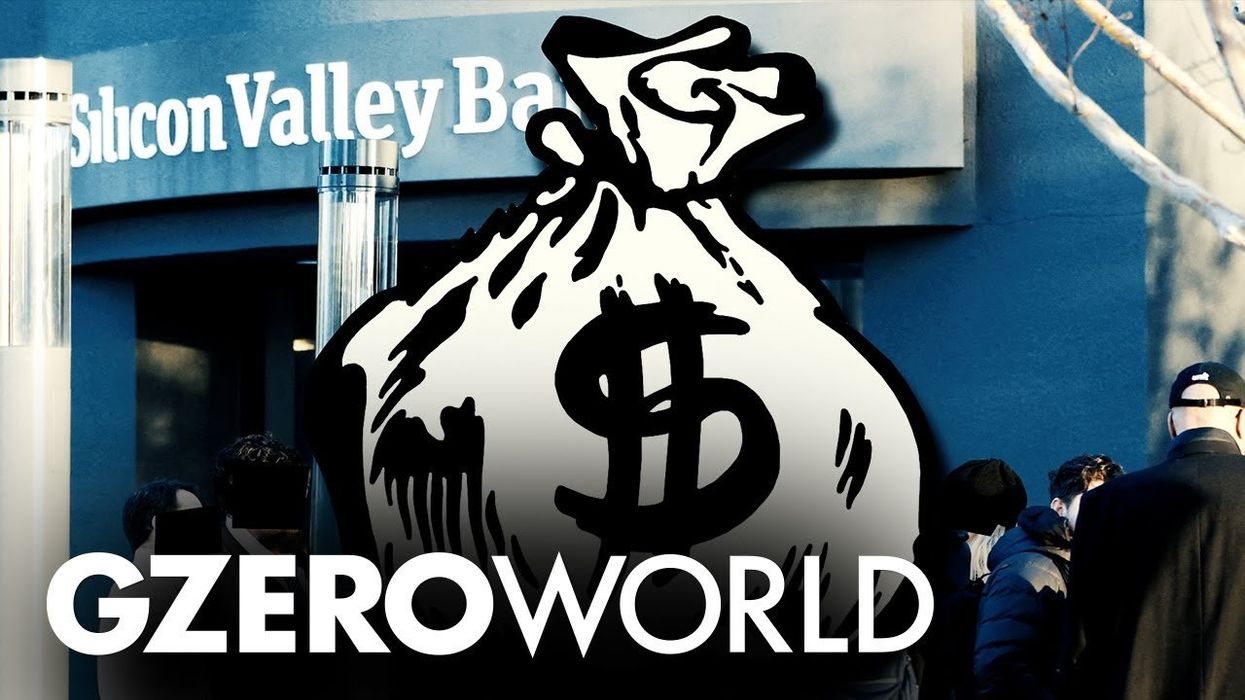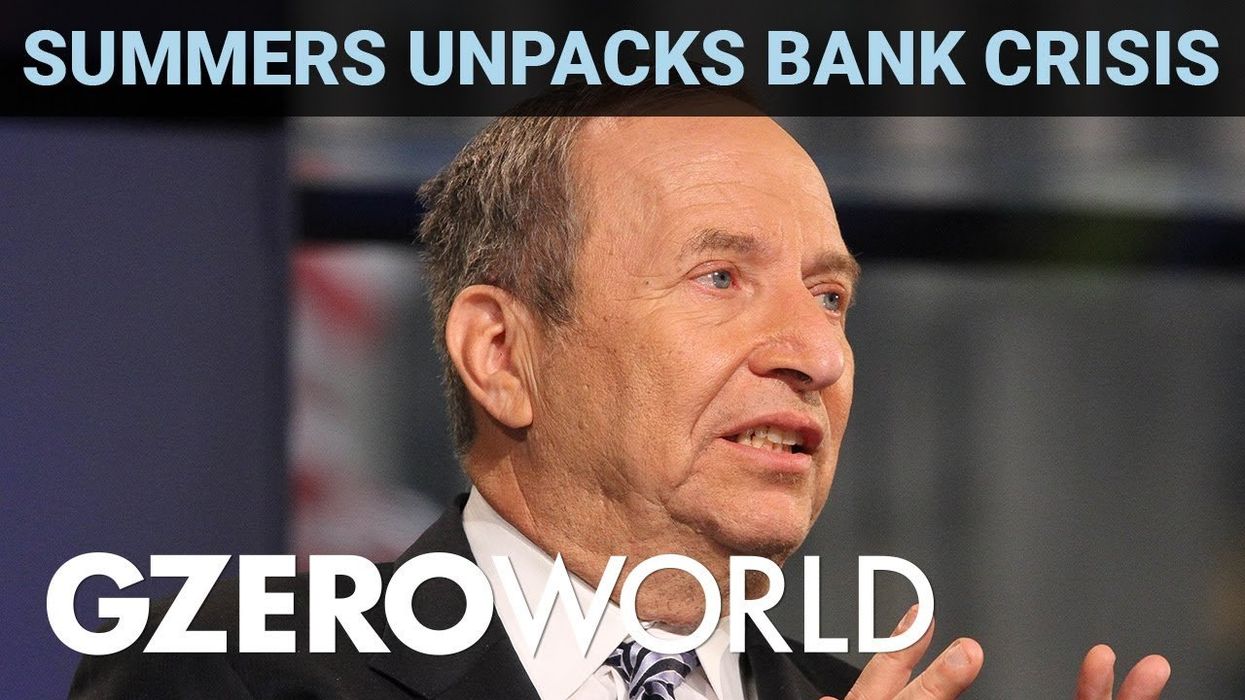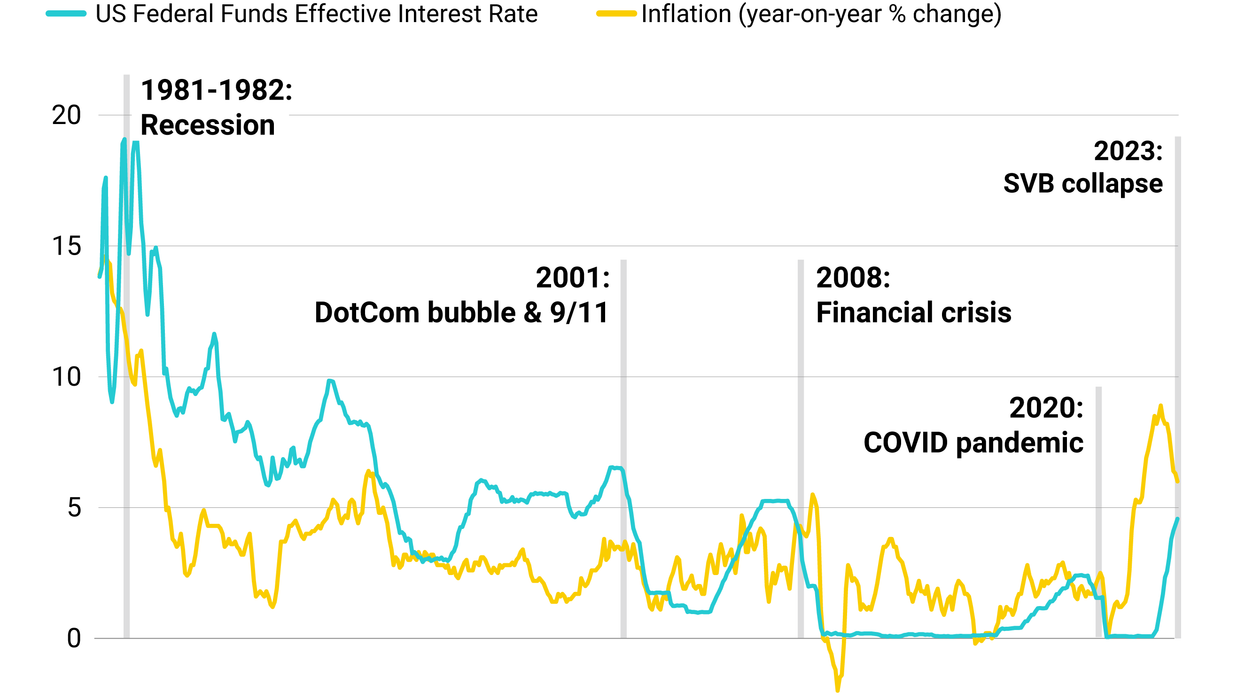GZERO World Clips
Larry Summers explains the banking crisis
On GZERO World, Ian Bremmer and former US Treasury Secretary Larry Summers discuss a range of topics, including the global banking system, the impact of AI on the labor market, and a controversial solution for rebuilding Ukraine.
Apr 16, 2023
